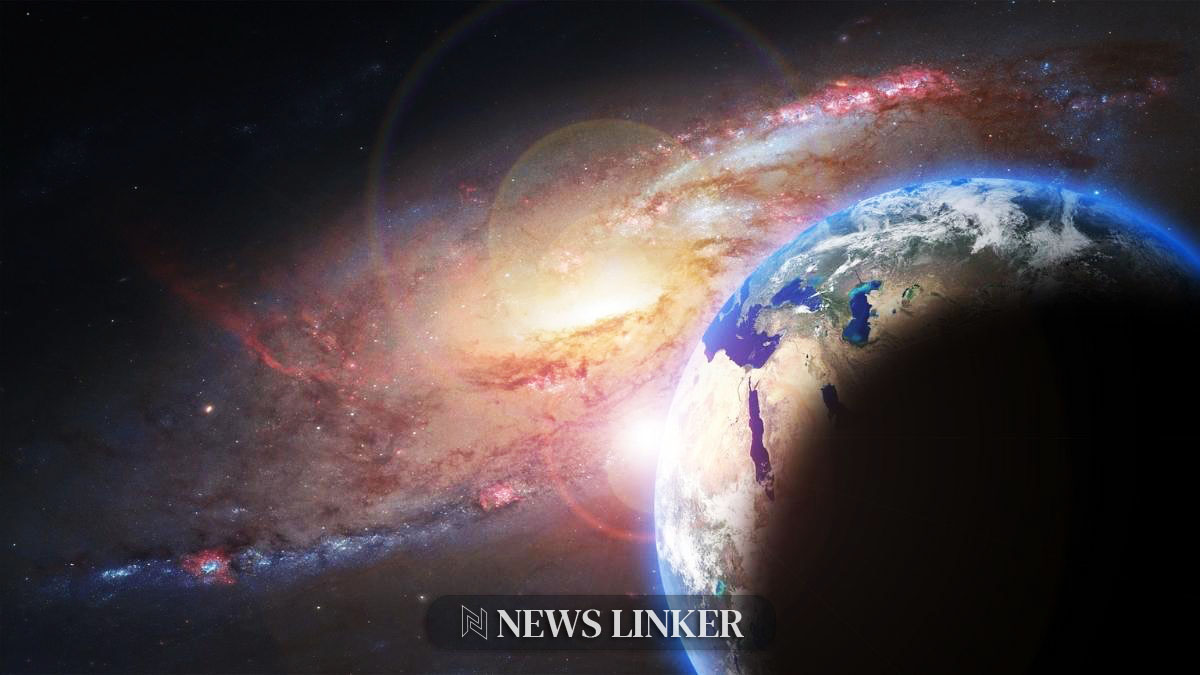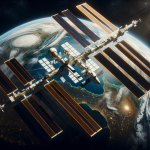NASA astronaut Loral O’Hara, after a significant tenure in the cosmos, is set to divulge details of her space station mission during a press conference. Her 204-day expedition marked a journey of profound scientific experimentation and collaboration. O’Hara’s insights are expected to enhance our understanding of spaceflight‘s impact on human physiology and psychology, providing critical data to bolster future interstellar expeditions.
The space community has long been invested in the exploits and research conducted by astronauts aboard the International Space Station (ISS). Over the years, the ISS has become a hub for groundbreaking experiments, with contributions from astronauts of varied nationalities. Their findings have continually contributed to technological advancements and scientific breakthroughs that echo well beyond the vacuum of space. The prolonged missions have been instrumental in assessing human capacity for long-duration spaceflight, paving the way for ambitious projects such as lunar expeditions and Mars colonization.
Conference Details and Participation Information
The upcoming briefing with O’Hara, scheduled for April 15 at the Johnson Space Center, will be broadcast across multiple platforms, offering enthusiasts and media a chance to tune in live. Journalists eager to attend in person or virtually are required to coordinate with NASA’s Johnson newsroom. The event presents an opportunity for the public and media alike to engage with the astronaut’s first-hand account and to pose questions, potentially using the #AskNASA hashtag on social media.
Remarkable Achievements in Space
O’Hara’s mission began in September 2023 and concluded in April the following year. Her journey was shared with colleagues from Roscosmos and a spaceflight participant from Belarus. O’Hara’s time in space was notable not just for its duration but for her active role in numerous missions, totaling millions of miles traveled and several spacewalks. These ventures have been crucial for the continued operation and study of the space station environment, contributing to our overall conquest of space.
Scientific Endeavors in Microgravity
Onboard the ISS, O’Hara’s research spanned various domains, including bioprinting cardiac tissues and studying bone marrow mesenchymal stem cells. Her work is anticipated to have significant implications for medical advancements on Earth. Moreover, her participation in the CIPHER program has added valuable data to the compendium of knowledge on humans’ psychological and physiological adaptations to spaceflight.
In related news, other astronauts have also been making waves with their contributions to space exploration. An article from “The Space Review” titled “Astronauts’ Role in Advancing Space Science” explores how astronauts’ work aboard the ISS furthers scientific knowledge. Additionally, “Science Daily” in their article “Microgravity’s Impact on Human Health” covers ongoing research into how living in space affects the human body. Both pieces underscore the critical nature of astronaut-led research in understanding space’s challenges.
Useful Information for the Reader
- O’Hara’s mission duration and her scientific activities aboard the ISS.
- Opportunities for public engagement during the press conference.
- The potential health advancements from experiments conducted in space.
Loral O’Hara’s upcoming news conference is not just a recap of her expedition but a testament to the human quest for knowledge. Her extensive research in microgravity holds immense potential for enhancing life on Earth, with implications that could redefine the medical field. As humanity continues to push the boundaries of space exploration, the experiences of astronauts like O’Hara serve as both inspiration and a guidepost for future endeavors into the unknown.
Astronauts’ missions to the ISS have been pivotal in expanding our understanding of space and its effects on human health. The research performed by these spacefarers aids global efforts in preparing for deep space missions, where the stakes are higher and the challenges more daunting. The discoveries and technological advancements gleaned from their endeavors are set to inform not only space-related activities but also have profound impacts on healthcare practices on our home planet.










